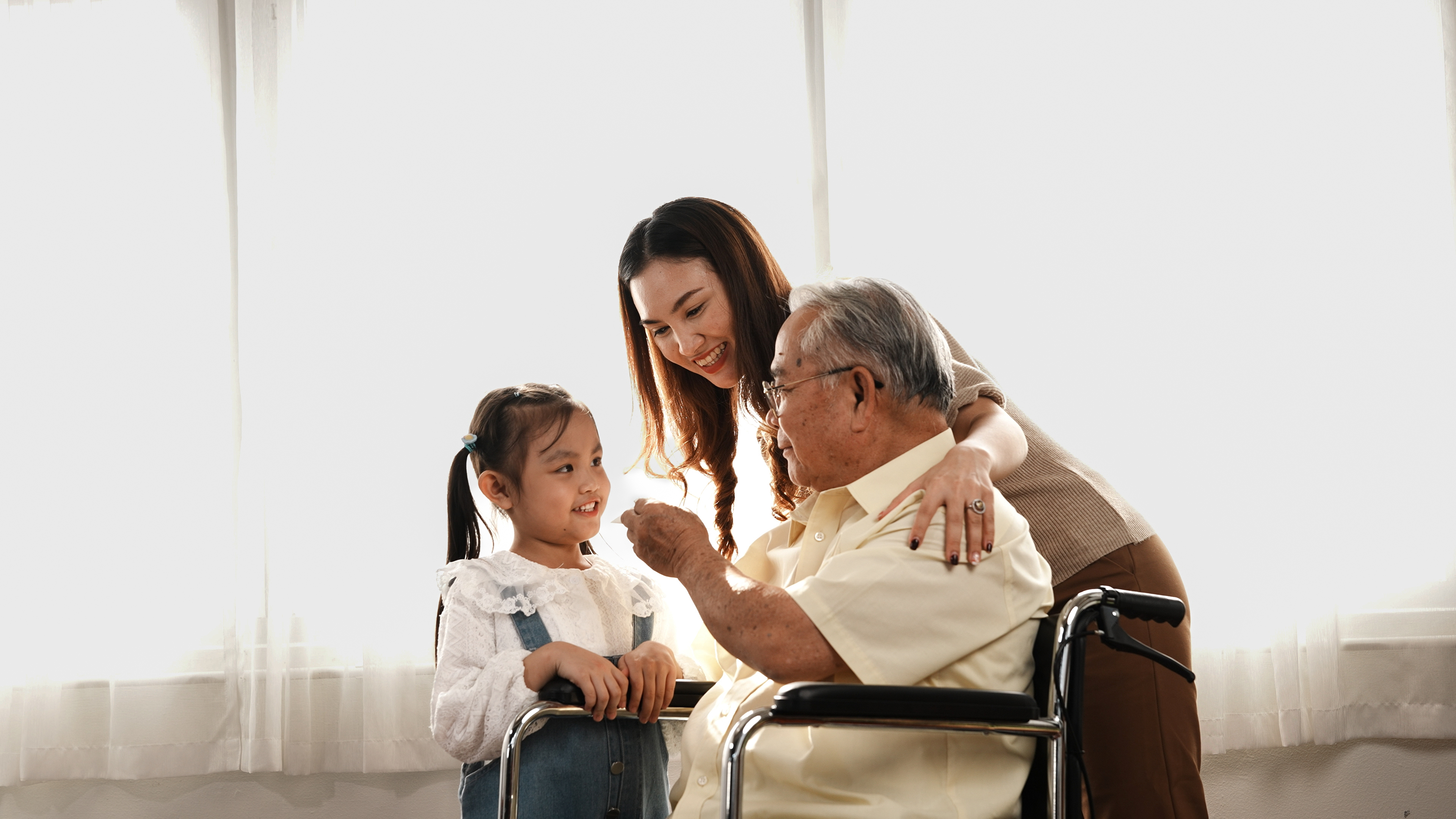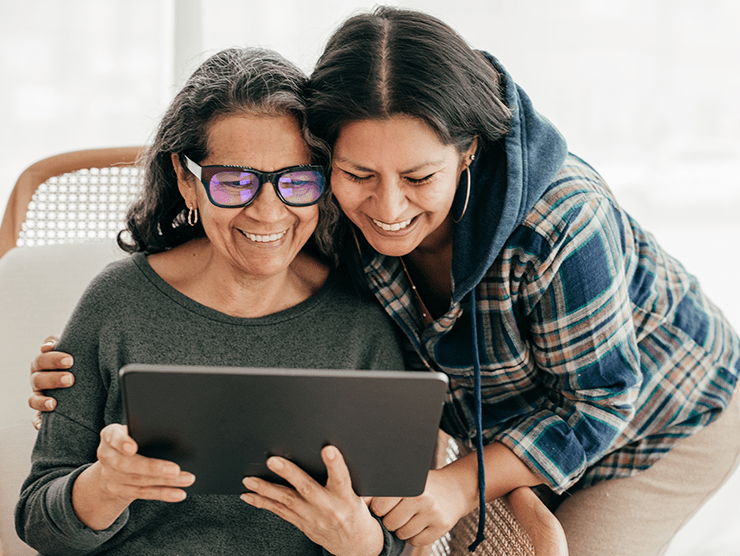Caring for an elder loved one is exhausting – especially if you also care for children of your own.
Christine Healy, Chief Growth Officer at Seniorly, says that 23% of caregivers have reported a decrease in their physical health since they began to provide care.
So, how can you protect your health while navigating the challenges of being a caregiver? Here are some helpful tips Christine shared on our recent webinar, Sandwiched and Stressed.
Make a care plan and assemble a team
Christine says that most people don’t create a family care plan until they’re in a state of crisis.
While these conversations can be difficult, it’s important to meet with your family as early as possible. Developing a comprehensive care plan helps reduce emergency room visits & hospitalizations, ensures the care recipient maintains their quality of life, and provides you with necessary support.
According to the CDC, your family should update this care plan on either a yearly basis or whenever there is a change in the care recipient’s health.
It may also be helpful to hire professionals to support you. This team could include a financial advisor, lawyer, and geriatric care manager.
Lean on them to help you make important decisions, so you don’t have to carry all the responsibility on your own.
Use self-care to protect your peace
Christine says it’s important to think of self-care like putting on an oxygen mask in an airplane – you can’t help others until you help yourself.
Dedicate time to doing things that rejuvenate you, such as reading, going for a walk, or having a cup of coffee by yourself.
If you’re finding it hard to break away from your caregiving responsibilities, talk to your partner or other family members about giving each other a “night off” each week.
Taking a vacation may also give you the necessary time to recharge. Check out our guide on how to plan a trip when you’re a caregiver.
Focus on moments of joy
Caregiving can be heartbreaking, so it’s important to foster joyful moments whenever possible.
You can achieve this by embracing humor. Laughter will make you feel good and help you create new positive memories with your loved one.
Recalling happy memories can help, too.
And if you’re unable to do this with your aging loved one, try sharing their stories with your children, family, or friends.
Seek support through community groups
Elder caregiving can be incredibly isolating, and not everybody understands the breadth of complicated feelings that arise.
In addition to anxiety and stress, you may also be experiencing ambiguous grief. This means that while your loved ones may still be with you physically, you’re grieving who they used to be.
Community groups and forums can be a great way to find other people who are going through the same things.
Here’s some resources on how to find a support group that best fits your needs:
- Alzheimer’s Association Support Groups
- CaringBridge
- Caring.com
- Family Caregiver Alliance
- CareGiving.com
Social media platforms – such as Facebook groups or other online forums– may also be good places for you to look for community support.
To hear more advice for caregivers, listen to our full conversation with Christine on our webinar Sandwiched and Stressed.




